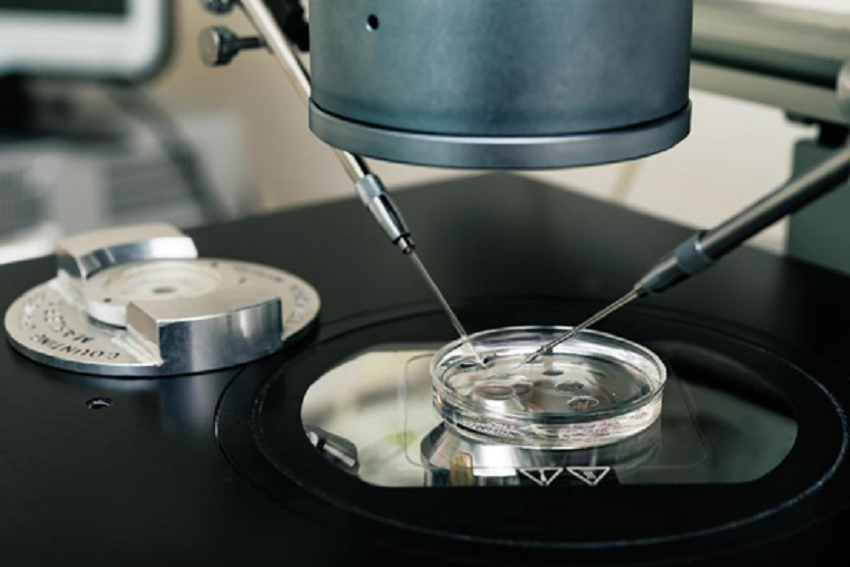Hello! I'm delighted to provide you with exclusive one-on-one consultation.
How can I assist you?
What is the process and cost of egg freezing?

Some people are fortunate enough to achieve a healthy pregnancy with just one round of IVF. However, for others, luck may not seem to be on their side, even after two or three attempts. This raises a crucial question: Could the issue lie with the embryo implantation process?

In reality, the field of in vitro fertilization (IVF) is constantly advancing, with technologies such as chromosomal screening and embryo grading continuously improving. Third-generation IVF chromosomal screening is a pivotal step in this process, as it enables the identification and selection of the healthiest embryos for implantation while significantly reducing the risks of miscarriage and pregnancy loss by excluding those carrying chromosomal abnormalities or hereditary genetic diseases.
So, what defines a good embryo, and what exactly is embryo grading?
Embryo grading is based on the assessment of the embryo's characteristics, particularly the development of the embryo's inner cell mass and trophectoderm cells, as well as the condition of the blastocyst cavity. Embryos that have reached at least the 2-cell stage will be assigned a grade that includes both numbers and letters, representing the quality of the inner cell mass and trophectoderm, respectively. In general, embryos with higher grades, such as AA, BA, or AB, have superior cell quantity and quality, which are critical factors for successful implantation.
Another crucial consideration is time. Some embryos may require more time to reach their optimal state for implantation. According to statistical data, embryos that have developed to the blastocyst stage by the fifth day tend to have higher success rates when implanted. However, it's important to note that this isn't an absolute rule, as each couple and each embryo is unique.

The continuous development of IVF technology aims to help couples realize their dreams of welcoming a healthy baby. In this journey filled with hope, every step can be a key to success. For couples seeking to become parents, the option of IVF in Thailand presents a viable choice. Thailand boasts highly professional medical teams and modern facilities that offer top-tier IVF treatments.
Dr. Nathan Zhang, the founder of IVFUSA, has dedicated over a decade to providing international IVF consultation services. As an expert in the field of assisted reproduction, he remains committed to offering professional support and care to every family, helping them achieve the wonderful vision of building their own families.


Online Customer Service

In-Vitro Fertilization (IVF)

Female Egg Freezing

Fertility Assessment

Scan for Consultation

Back to Top